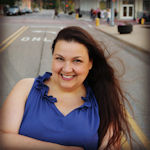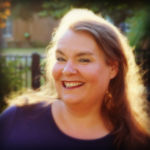November is over, and that means National Novel Writing Month 2020 is officially in the books. It’s been a crazy thirty days for us on the podcast, and from what we are seeing in the chat, the same is true for all of you out there! In spite of it all, we have endured! Our word count goals? Not so much. Just kidding! We even have a couple of projected NaNo winners on the show as I compose this newsletter!
Tune in this week for our post-NaNo, 2020 report. You’ll Find out answers to questions such as:
Did Jen Finish her contemporary?
Did Tina finish the first draft of her sequel to LOST?
What was it like for Jen to host LIVE sprints (hint, she was able to connect us with some AWESOME new listeners)!
Did Tina survive hosting a BOOKLAUNCH during NaNoWriMo?
…and more!
We also will be checking in with you, our awesome listeners/viewers! Whether you absolutely CRUSHED your word count goal or are just a few words ahead of where you started out on November 1st, we want to kno how National Novel Writing Month went for you! We’ve been cheering you on all month long and it will be so great to celebrate your success.
Looking forward to seeing you there,
Jamie

Jenifer Carll-Tong is the best-selling author of historical Christian romances and co-host of the Christian Indie Writers’ Podcast.

